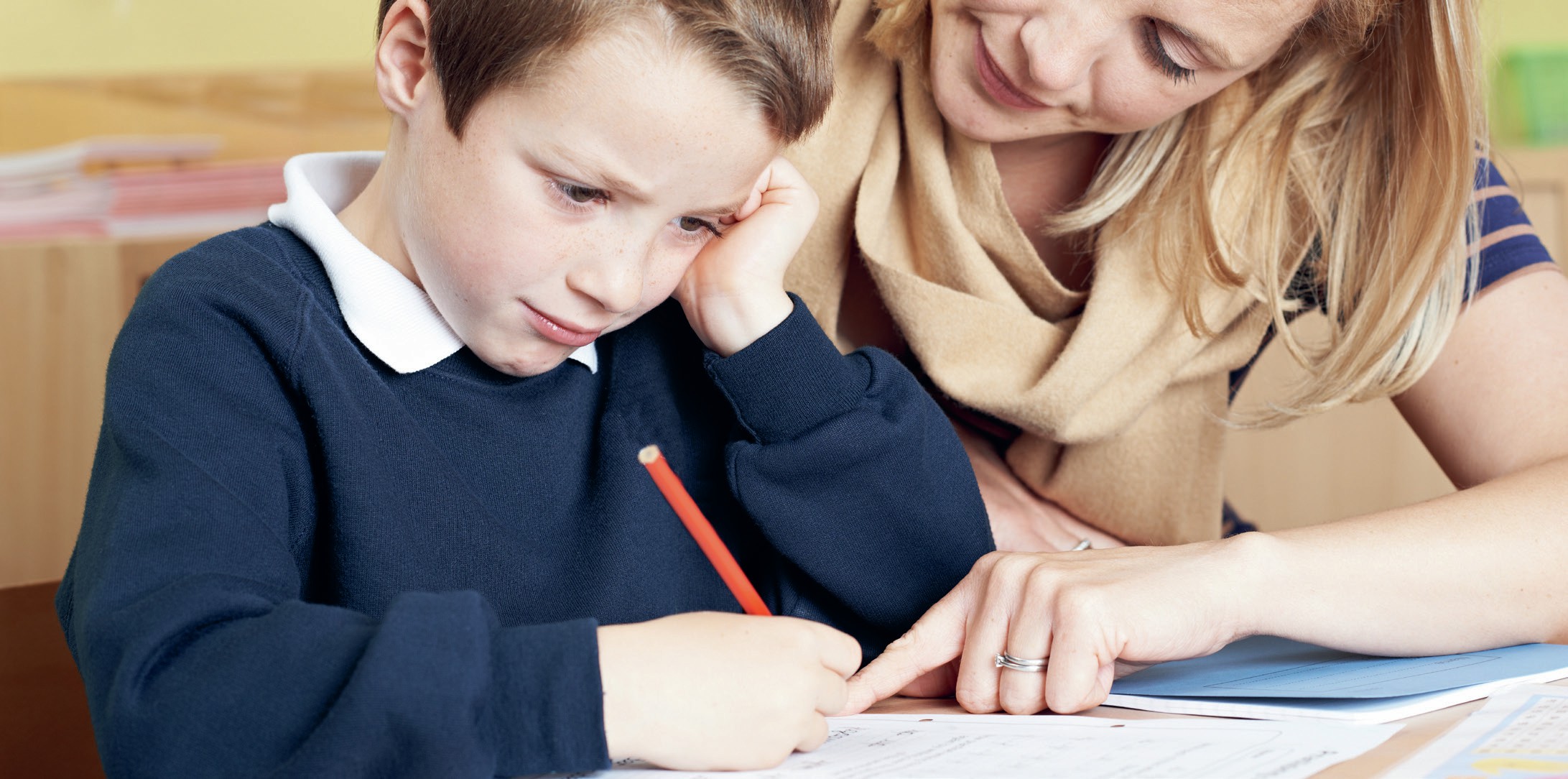
As Mustafa Sarkar says, some people perform better than others under pressure. In high-pressure, high-stakes contexts like elite sport this ability confers a potentially life-saving advantage. When applied to other supposedly more benevolent situations, for example the school system, the idea of resilience can be more problematic. Badly implemented resilience programmes may do as much harm as good. And more fundamentally, why should we need them?
One issue with resilience development is political. Emphasising the role of individual resilience is inherently conservative, partly because it sees strength as normal and good — and by implication any kind of weakness as bad — and partly because it places the responsibility for coping firmly on the individual rather than the system at large (O’Malley 2010). Clearly no combat soldier or elite athlete can afford to value or foster personal vulnerability, but why should other contexts like education demand high levels of resilience? And what of the fate of more gentle souls? As the existentialist psychologist and Holocaust survivor Viktor Frankl said of the less resilient: ‘The best of us did not return.’
Your organisation does not have access to this article.
Sign up today to give your students the edge they need to achieve their best grades with subject expertise
Subscribe




